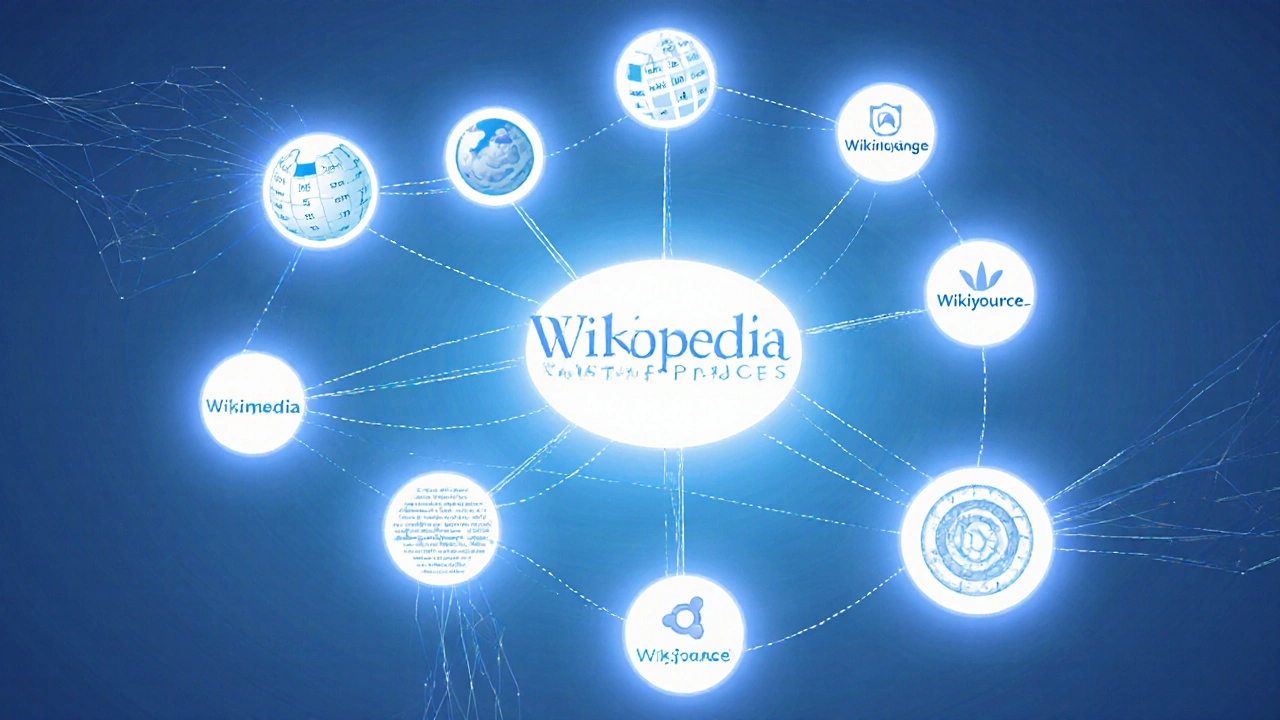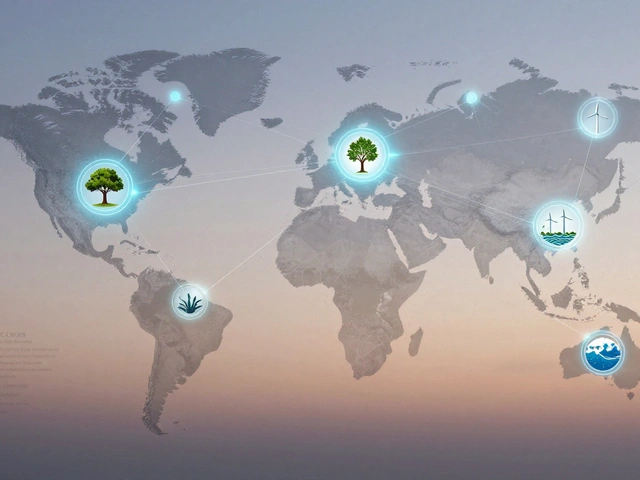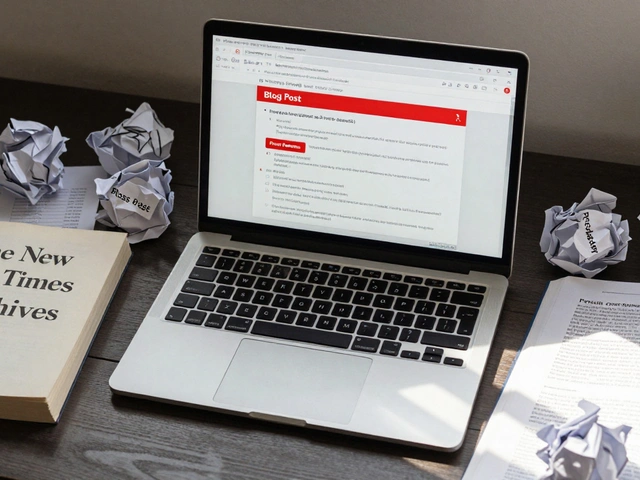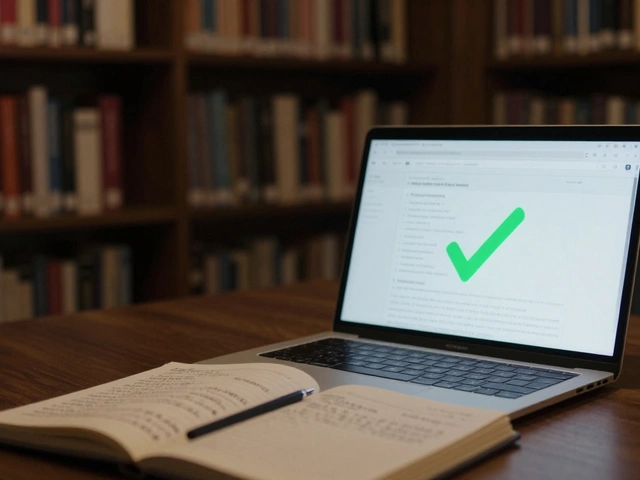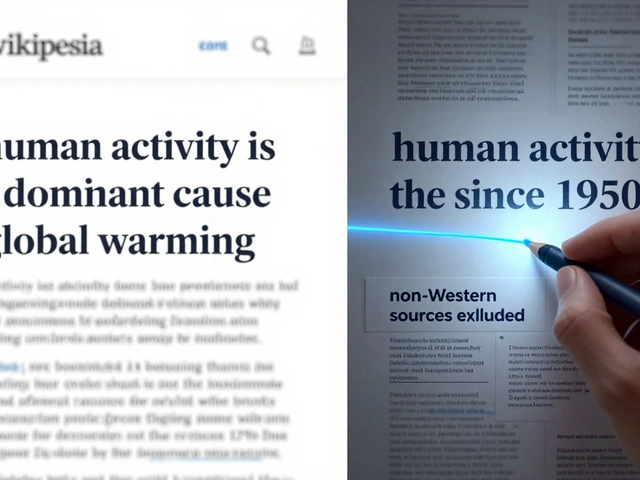Wikimedia Sister Projects: What They Are and How They Power Open Knowledge
When you think of Wikipedia, you’re probably thinking of the encyclopedia—but Wikimedia Sister Projects, a network of free knowledge platforms run by the same volunteer community and foundation. Also known as Wikimedia projects, these tools are what keep Wikipedia alive, accurate, and growing beyond just articles. Wikipedia doesn’t exist in a vacuum. It’s powered by a whole ecosystem of sister sites, each built for a different kind of knowledge work. Some handle facts, others handle news, and some help editors collaborate across languages and topics. Together, they form the backbone of open knowledge.
Take Wikidata, a free, collaborative knowledge base that stores structured data used across all Wikipedia languages. Also known as the central fact repository, it lets you update a country’s population once, and that number automatically shows up in English, Hindi, Swahili, and dozens of other Wikipedias. Without Wikidata, editors would be repeating the same updates over and over—wasting time and risking errors. Then there’s Wikinews, a volunteer-written news site that reports facts without opinion or advertising. Unlike mainstream outlets, it doesn’t chase clicks. It waits for events to be verified, then publishes them in plain language. It’s the only major news platform where every line is backed by a public source and edited by strangers who care more about truth than traffic. And behind the scenes, WikiProjects, volunteer teams focused on improving content in specific areas like medicine, film, or Indigenous history. Also known as topic-based editing groups, they’re the reason Wikipedia’s coverage of underrepresented subjects keeps getting better. These aren’t side projects—they’re the engine. All of them run on the same open license—CC BY-SA—which means anyone can reuse the content as long as they credit the source and share changes openly. That’s why AI companies, schools, and libraries all rely on these platforms. They’re not just alternatives to commercial knowledge; they’re the only truly free and transparent ones left.
What you’ll find in this collection are real stories from inside this ecosystem: how volunteers keep Wikinews alive without funding, how Wikidata connects facts across 300+ languages, how WikiProjects fix systemic bias one article at a time, and why Creative Commons licensing makes all of this legally possible. These aren’t theoretical debates—they’re daily battles to keep knowledge open, accurate, and human. If you’ve ever used Wikipedia to check a fact, you’ve already benefited from these sister projects. Now see how they actually work.
The Sister Projects Task Force: Reviewing Wikimedia Projects
The Sister Projects Task Force is reviewing Wikimedia's 11 open knowledge projects beyond Wikipedia - from Wiktionary to Wikivoyage - to ensure they remain viable, updated, and accessible to global users.
